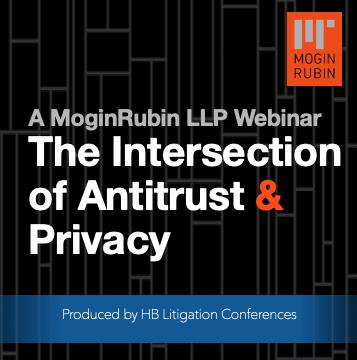Judge Abused Discretion in Striking Expert Evidence, NJ Appellate Court Finds
Reverses 2016 Summary Judgment in Ovarian Cancer Cases
On August 5, a three judge panel from the New Jersey state appeals court reversed a 2016 summary judgment granted in favor of defendants, talc manufacturer Johnson & Johnson and talc miner Imerys Talc America in cases brought by two women who allege J&J’s talc products caused their ovarian cancer.
In its opinion, the panel ruled that Atlantic County Superior Court Judge Nelson C. Johnson abused his discretion by serving as the fact finder in deciding the credibility of the plaintiffs’ experts’ opinions instead of merely assessing whether the doctors’ opinions were based on sound scientific methodology. The trial judge acknowledged that the experts, Dr. Graham Colditz and Dr. Daniel Cramer, were qualified but opined that their scientific studies and evidence were narrow and shallow, showing a preference for cohort studies and their larger sample sizes over the case studies relied on by the experts. In overturning the ruling by the trial court and discussing the studies cited by Colditz and Cramer, the appeals court stated that those studies satisfied the criteria outlined in the Federal Judicial Center’s Reference Manual on Scientific Evidence and also noted that size and the types of study are not the sole determinants of reliability.
As a result of the plaintiffs’ experts’ testimony being reinstated, a dispute over a material fact exists in the matter and the case will proceed.
The two cases, brought by plaintiffs Brandi Carl and Diana Balderrama, were the first two to be tried from the group of 100 lawsuits included in New Jersey’s multi-county litigation.



